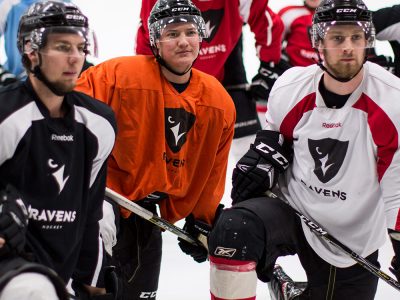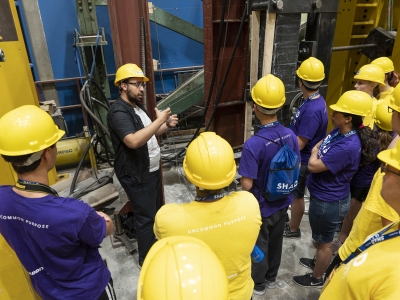A balanced world is a better world, and celebrating the achievements of women is a step toward a more gender-balanced world.
That’s one of the messages shared on the website of International Women’s Day (IWD), which is held annually on March 8.
“No one government, NGO, charity, corporation, academic institution, women’s network or media hub is solely responsible for International Women’s Day,” declares the site. “International Women’s Day is a collective day of global celebration and a call for gender parity.
“International Women’s Day is all about unity, celebration, reflection, advocacy and action — whatever that looks like globally at a local level.”
With these ideas in mind, Carleton University is highlighting the work and accomplishments of 10 outstanding female faculty members, a small cross-section of the hundreds of women whose research, teaching and leadership contribute to the campus and community year-round.
Joan DeBardeleben
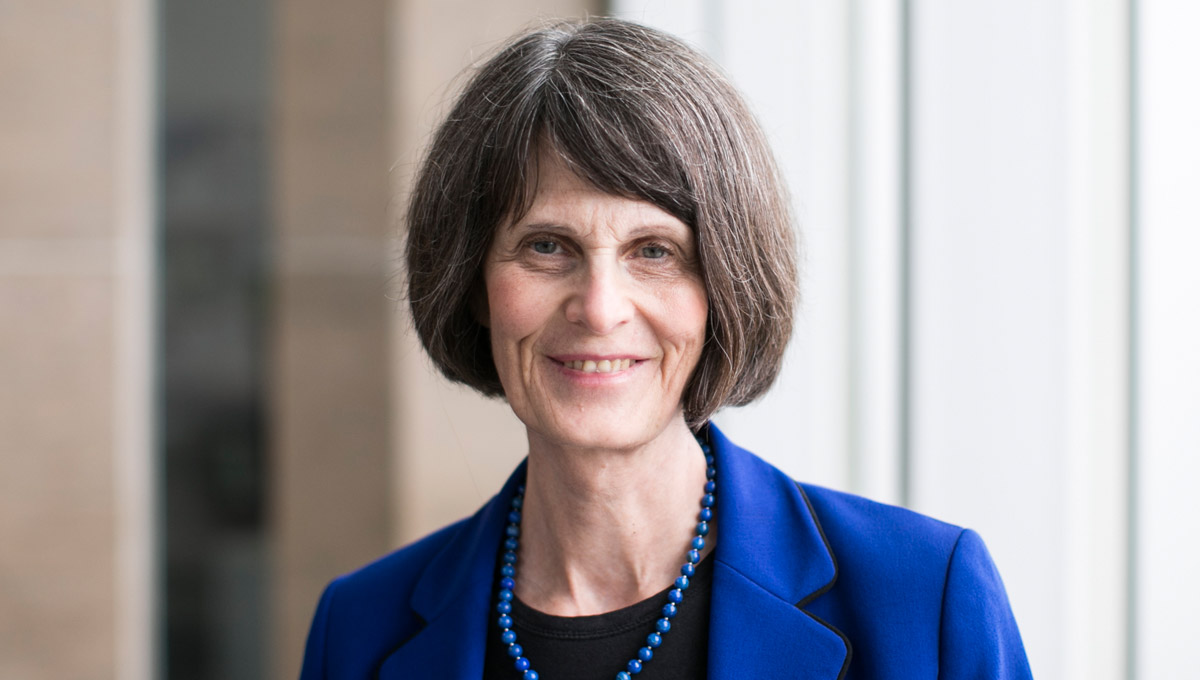
Brexit. Refugees and migrants. Vladimir Putin’s Russia.
Although conflict in the Middle East, Donald Trump’s presidency and the mushrooming economies in China and India remain in the media spotlight, Europe has started to attract more attention from Canadian academics, politicians and journalists in recent years.
And while the continent has never lost its global or domestic significance — the European Union is Canada’s second biggest trading partner, trailing only the United States — Carleton’s Centre for European Studies (CES), co-directed by Prof. Joan DeBardeleben, is poised to help us develop a deeper understanding of Europe’s central economic and political issues.
“Some people may think other parts of the world are more dynamic or more important, but all of the news coming out of the European Union these days is generating a lot of interest,” says DeBardeleben. “It’s a rapidly changing environment that’s not shielded from the tensions impacting the rest of the world.”
Angela Dionisi
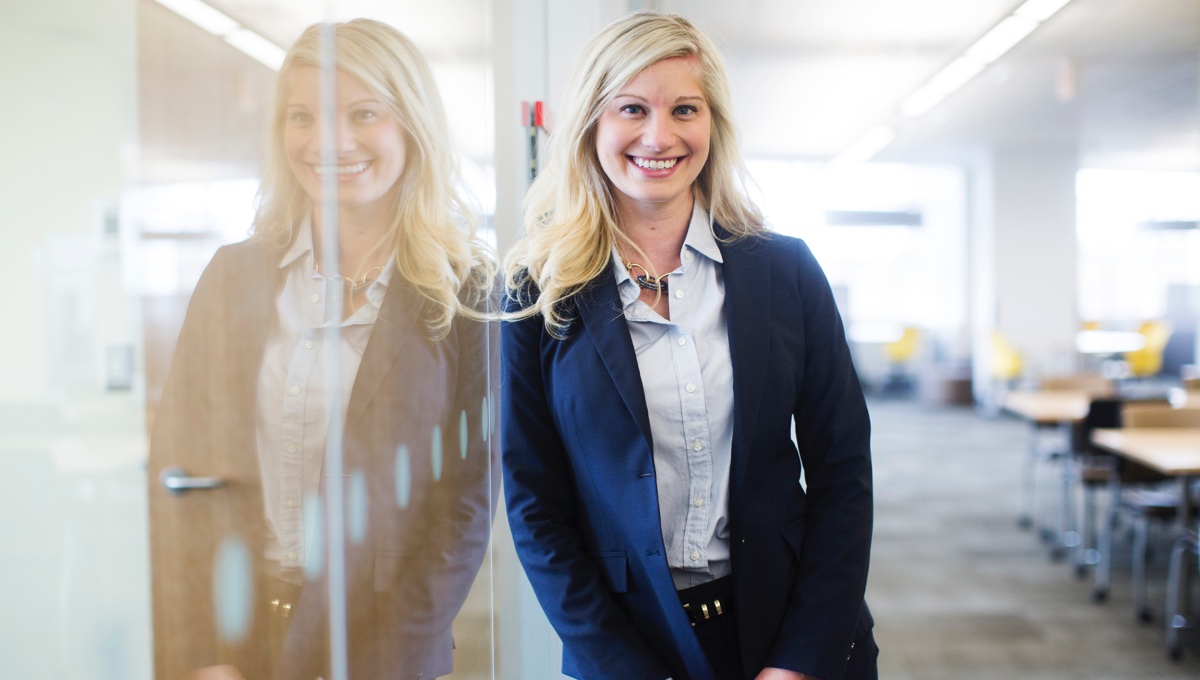
It’s little surprise that many incidents of sexual harassment happen in the workplace, whether those are film sets, office buildings, the House of Commons or an RCMP detachment.
Prof. Angela Dionisi of Carleton’s Sprott School of Business has been closely tracking the “Me Too” movement and her focus on workplace sexual harassment has led to some unsettling insights.
Recent Abacus survey findings made a strong case for Canadian workplaces as crucibles of power imbalances. Twelve per cent of survey respondents reported that sexual harassment of women was “quite common” in their workplaces and another 44 per cent said it was infrequent but did happen. These perceptions were shared almost equally by male and female respondents.
Yet Dionisi thinks the problem is even bigger.
“The survey question didn’t define ‘sexual harassment,’ but that term is usually interpreted to mean sexual coercion or pressure to comply with sexual requests,” she says. “In fact, sexual harassment typically takes the form of hostile verbal and non-verbal behaviour, such as undermining or insulting a woman’s competence or addressing women in terms that disparage them. This type of behaviour is much more prevalent than explicit or overt forms of misconduct, so it’s very likely that the real numbers of sexual harassment at work are even higher than the survey suggested. It’s a huge problem.”
Lenore Fahrig
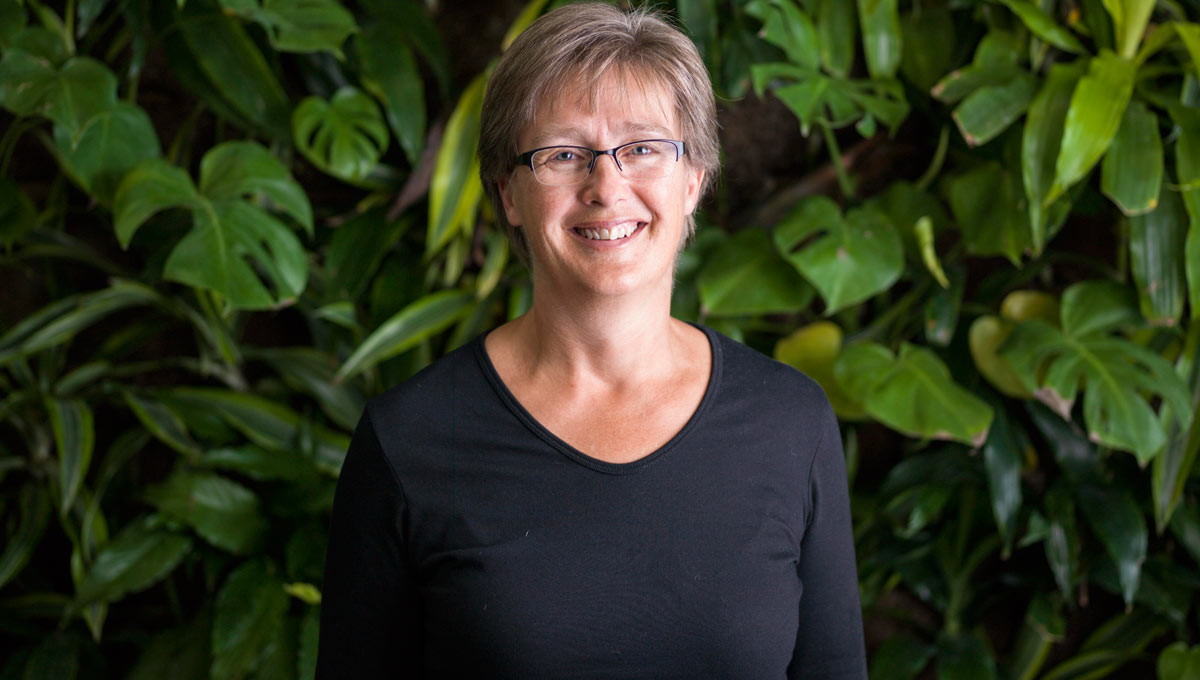
Biology Prof. Lenore Fahrig was awarded the 2018 Miroslaw Romanowski Medal from the Royal Society of Canada.
“The Romanowski Medal is the only Royal Society medal that is specifically for environmental research,” she says. “Given the high calibre of environmental research across Canada, and at Carleton, I feel extremely honoured to receive this medal.”
The award recognizes contributions to the resolution of scientific aspects of environmental problems or important improvements to the quality of an ecosystem in all aspects — terrestrial, atmospheric and aqueous — brought about by scientific means.
“The award is a telling recognition of Fahrig’s remarkable accomplishments and an invitation from her colleagues to further the leadership she has already shown in advancing knowledge in Canada,” says Rafik Goubran, Carleton’s vice-president (Research and International).
Shireen Hassim
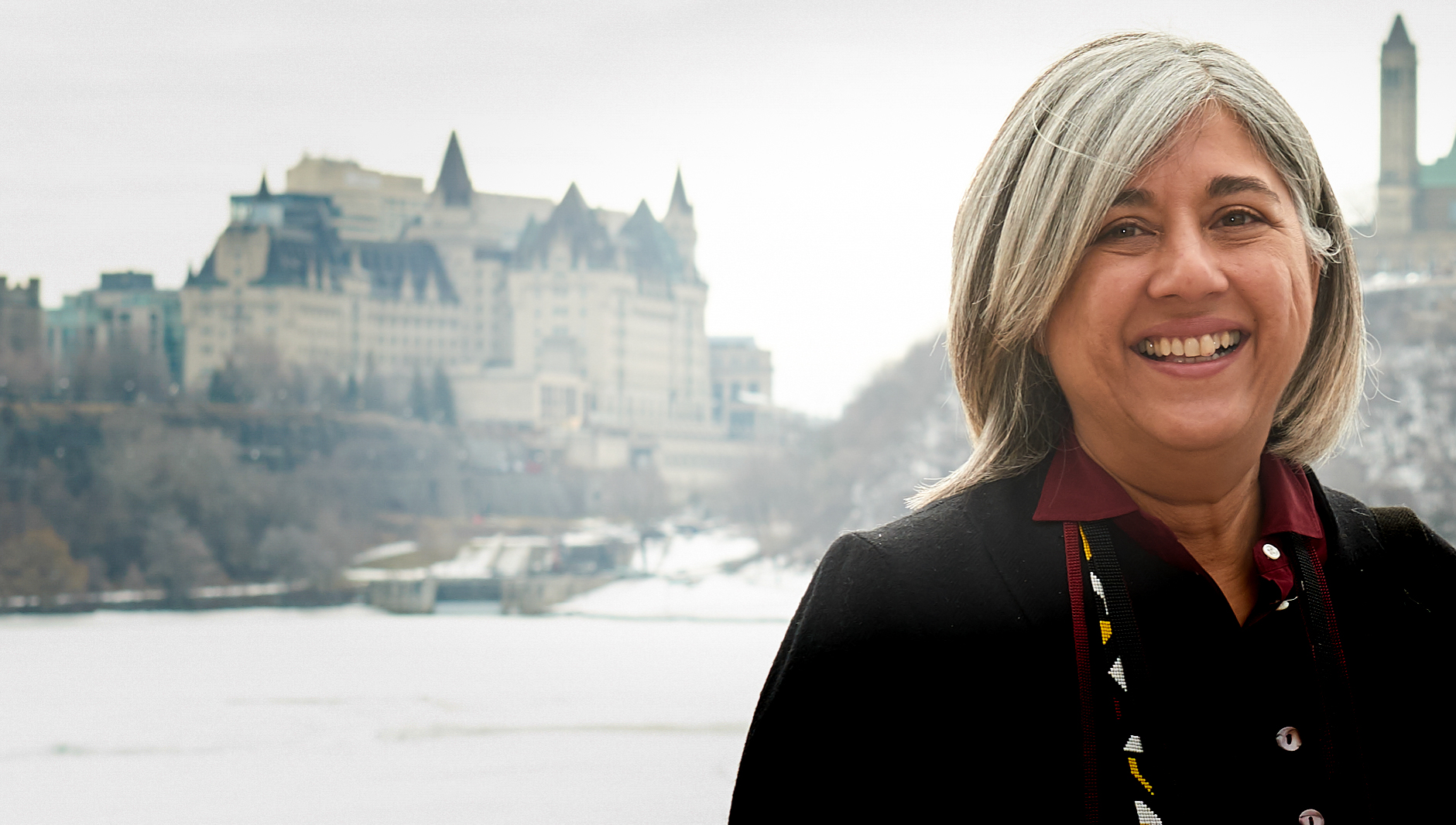
Prof. Shireen Hassim, an internationally renowned expert in feminist theory, politics, social movements and collective action, spent the 2017-2018 academic year as a distinguished visiting professor at the Radcliffe Institute for Advanced Study at Harvard.
After returning to her faculty position at the University of the Witwatersrand in her native South Africa for a few months when the Harvard fellowship finished, Hassim arrived at Carleton for a seven-year term as Canada 150 Research Chair in Gender and African Politics — part of a $117.6-million federal program to create two dozen new research chairs and enhance the country’s efforts to become a destination of choice for leading scholars and scientists from around the world.
Hassim’s position at Carleton will contribute to the university’s pursuit of research excellence, and it is a coup for the Institute for African Studies, her academic home on campus.
“Carleton’s African Studies scholars are well known across Africa,” says Hassim, who did her PhD at Toronto’s York University. “The chance to work with some great historians, anthropologists and literature scholars was a very attractive opportunity.”
Luciara Nardon
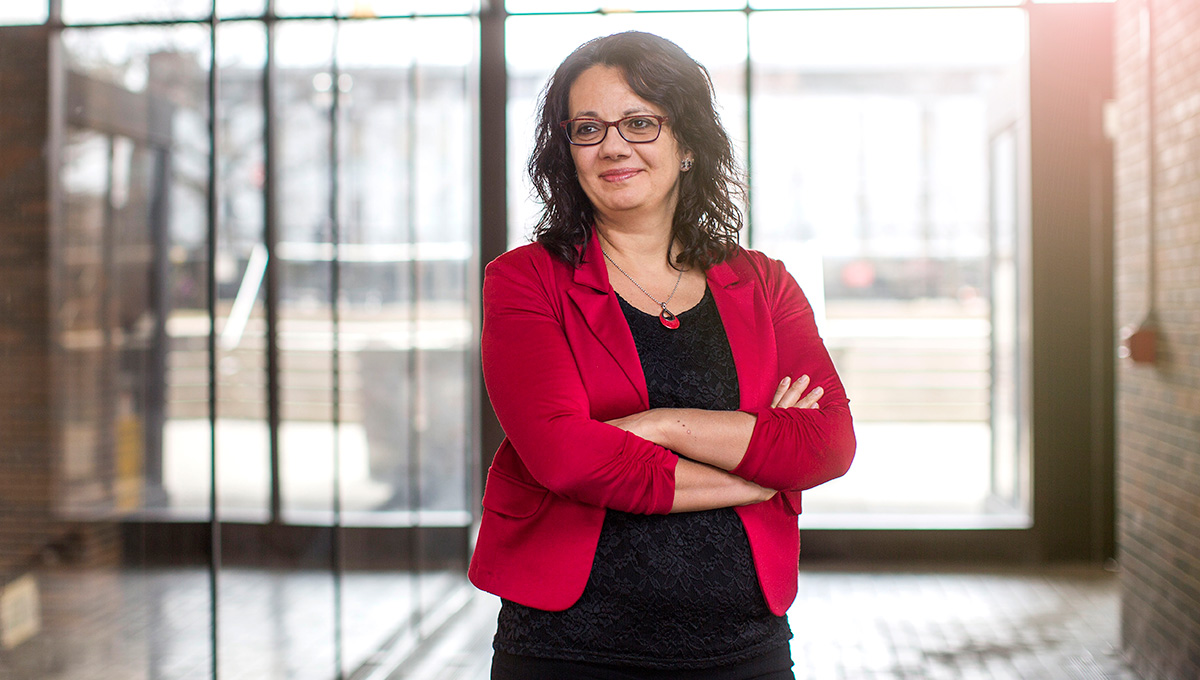
Thinking globally and building mutually supportive connections come naturally to Prof. Luciara Nardon, and she’s bringing those strengths to her role as director of Carleton’s Centre for Research and Education on Women and Work (CREWW).
Nardon, an international business scholar at the Sprott School of Business whose research interests include multicultural workplaces and global leadership, is thinking big about building the centre’s research presence.
“When we look at growing research at CREWW, collaboration is a big piece of that,” she says. “We’re already a regional hub for research on women and work, and creating connections with other researchers and other centres across Canada and, eventually internationally, is our next step.
“I’ve started talking to people and we’re exploring partnerships that will allow work that has a much broader reach and impact.”
Banu Örmeci
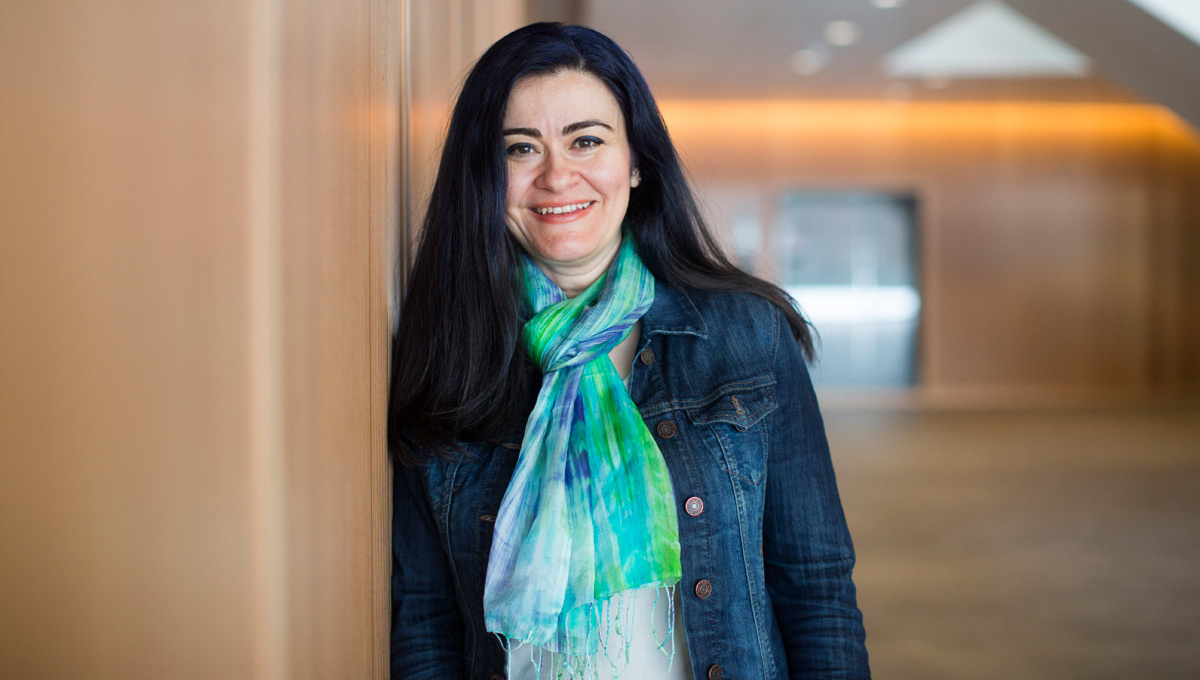
Every 15 seconds, a child somewhere in the world dies from a preventable waterborne disease. Globally, 1.1 billion people lack access to clean drinking water. In Canada, rural and remote communities, especially in the North, frequently lack clean water and adequate wastewater treatment.
To help address these challenges at home and abroad, Carleton Prof. Banu Örmeci has been chosen to serve as the first Jarislowsky Foundation Chair in Water and Global Health.
“Water is essential — it is life,” says Örmeci, who leads an innovative and internationally recognized research program on wastewater and biosolids treatment in Carleton’s Civil and Environmental Engineering Department.
Carmen Robertson
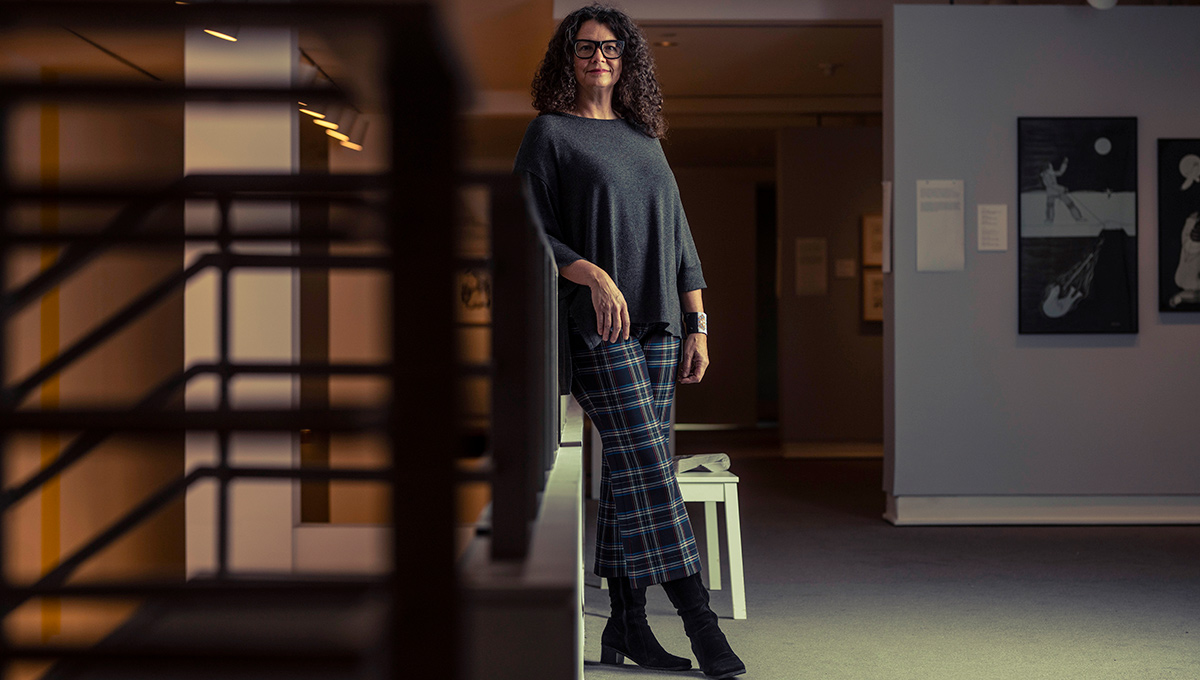
Prof. Carmen Robertson, who is from Saskatchewan’s Qu’Appelle Valley, moved to Calgary after high school. Even though her family is Lakota and Scottish, she didn’t see much Indigenous art growing up on the prairies.
So, one afternoon, when she walked by the Imperial Oil building in downtown Calgary and looked in the windows, Robertson stopped in her tracks. Shocked by the amazing colours and imagery she was seeing, she went inside to investigate.
Hanging in the lobby — an unlikely setting for an epiphany — were the renowned Anishinaabe artist Norval Morrisseau’s erotic paintings.
“It made such an impression on me — that’s when I made the decision to study Indigenous art,” says Robertson, who became the Canada Research Chair (CRC) in North American Indigenous Art and Material Culture at Carleton last summer. “I wanted to focus on contemporary Indigenous art, which was not easy at the time.”
Sarah Todd
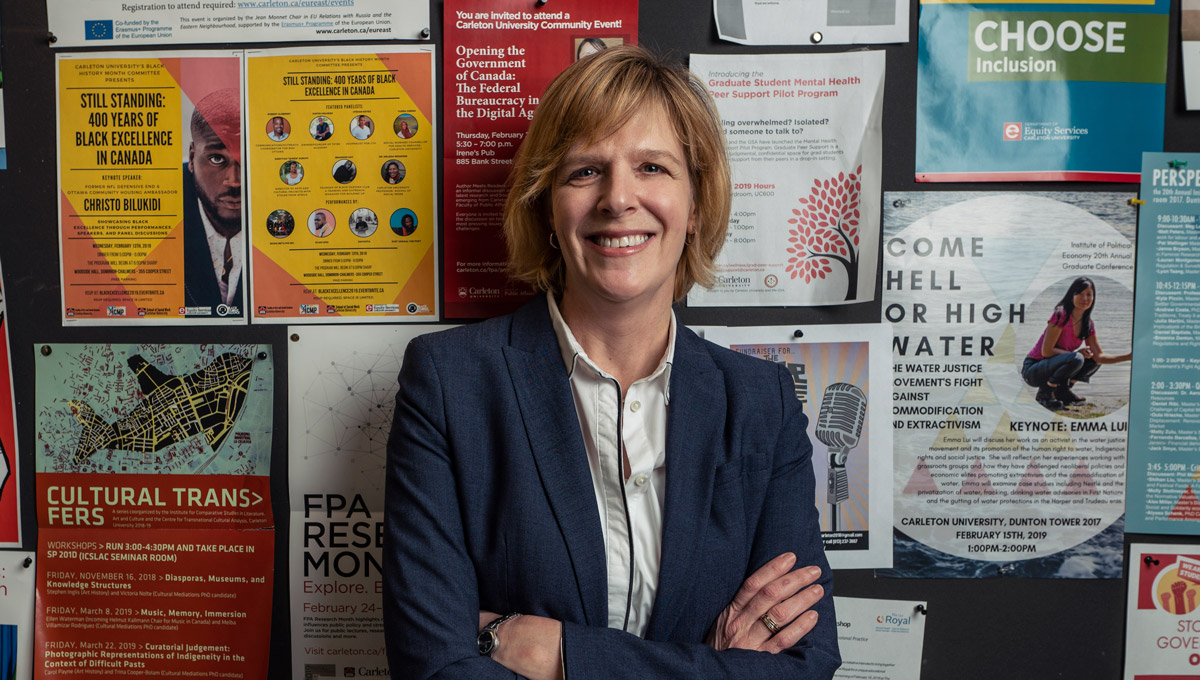
Prof. Sarah Todd, a professor in the School of Social Work has been selected as a recipient of a 2019 3M National Teaching Fellowship.
The fellowship is the most prestigious recognition of excellence in post-secondary teaching and educational leadership in Canada. The community of 3M National Teaching Fellows embodies the highest ideals of teaching excellence and scholarship with a commitment to encourage and support the educational experience of every learner. Up to 10 fellowships are awarded annually.
“While this award is given to one person, it speaks volumes to the creativity and support that Carleton puts into teaching and learning,” said Todd.
“There are exciting conversations about new ways to teach and support creativity in the classroom. There are always people to talk to about turning things around. This ensures the classroom doesn’t become stale for educators or students. When the classroom is exciting and fresh, lots of interesting learning happens.”
Manuella Vincter
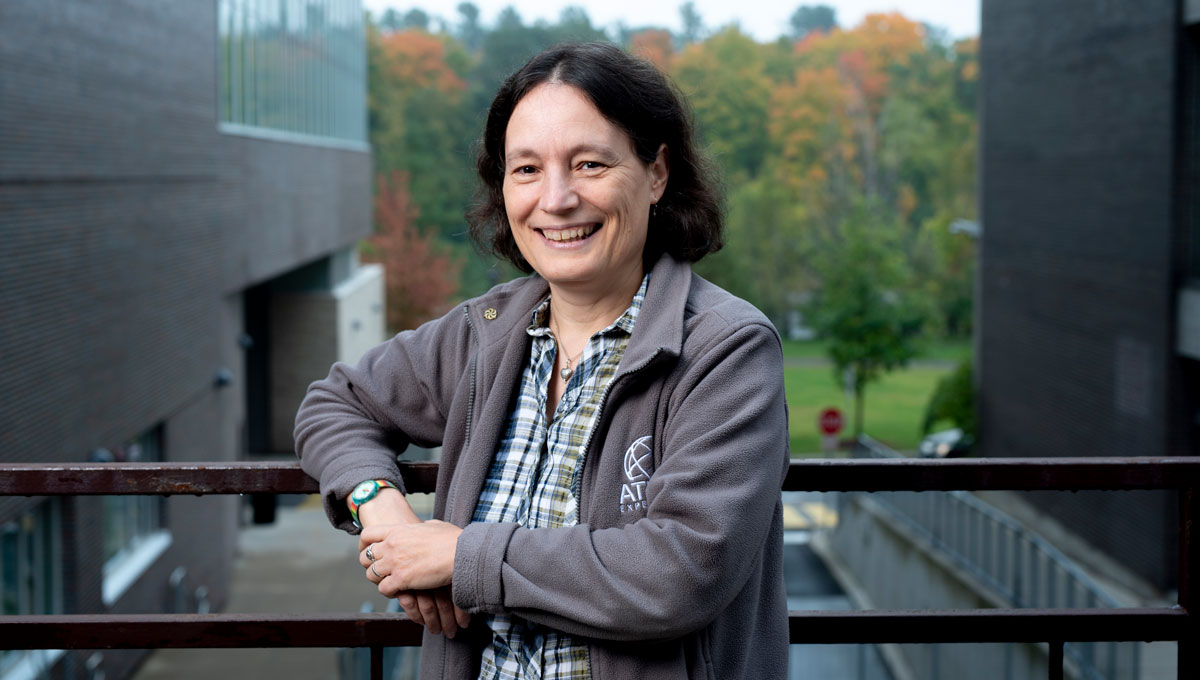
Carleton Physics Prof. Manuella Vincter has played a leading role in the university’s important contributions to the ATLAS project, the largest particle detector ever built and one of four major experiments at the Large Hadron Collider (LHC) particle accelerator, a 27-kilometre ring of superconducting magnets buried beneath the French-Swiss border near Geneva.
After logging hundreds of hours onsite in the ATLAS control room, Vincter’s involvement in the enormous international collaboration — where discoveries have already led to a Nobel Prize in Physics — is expanding.
On March 1, the Canada Research Professor in Particle Physics began a two-year term as deputy spokesperson at ATLAS, which is one of the most significant scientific projects in the world and, according to the experiment’s website, “uses precision measurement to push the frontiers of knowledge by seeking answers to fundamental questions such as: What are the basic building blocks of matter? What are the fundamental forces of nature? Could there be a greater underlying symmetry to our universe?”
Winnie Ye
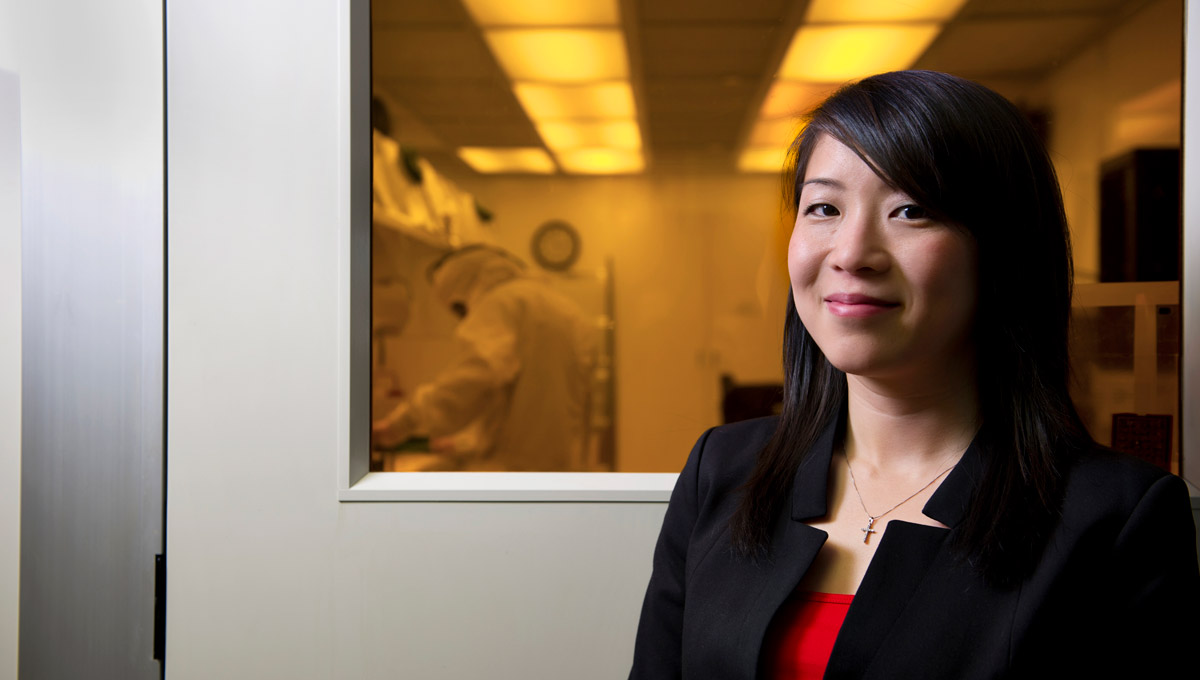
Electronics Prof. Winnie Ye has being recognized for both her innovative research and her tireless efforts to encourage and support young women to pursue degrees and careers in engineering.
As a Canada Research Chair in Nano-scale Integrated Circuit Design for Reliable Opto-electronics and Sensors, Ye’s research focuses on photonics, the study of light (photos) generation, detection and manipulation. Specifically, she studies silicon photonics, where light carries information using a silicon platform.
“In electrical communication, we use digital zeroes and digital ones to encode information,” Ye says, “but with photonics, zeroes and ones are replaced with a light flicking off and on. Compared to electronics, photonics offers the possibility to transmit information faster and more efficiently.”
As a result of her research, Ye has received two landmark awards, including the 2018 Engineering Medal for Research and Development from Professional Engineers Ontario. The award recognizes professional engineers who have improved quality of life through the application of their engineering skills.
Thursday, March 7, 2019 in Faculty of Arts and Social Sciences, Faculty of Engineering and Design, Faculty of Graduate and Postdoctoral Affairs, Faculty of Public and Global Affairs, Faculty of Science, Sprott School of Business
Share: Twitter, Facebook


